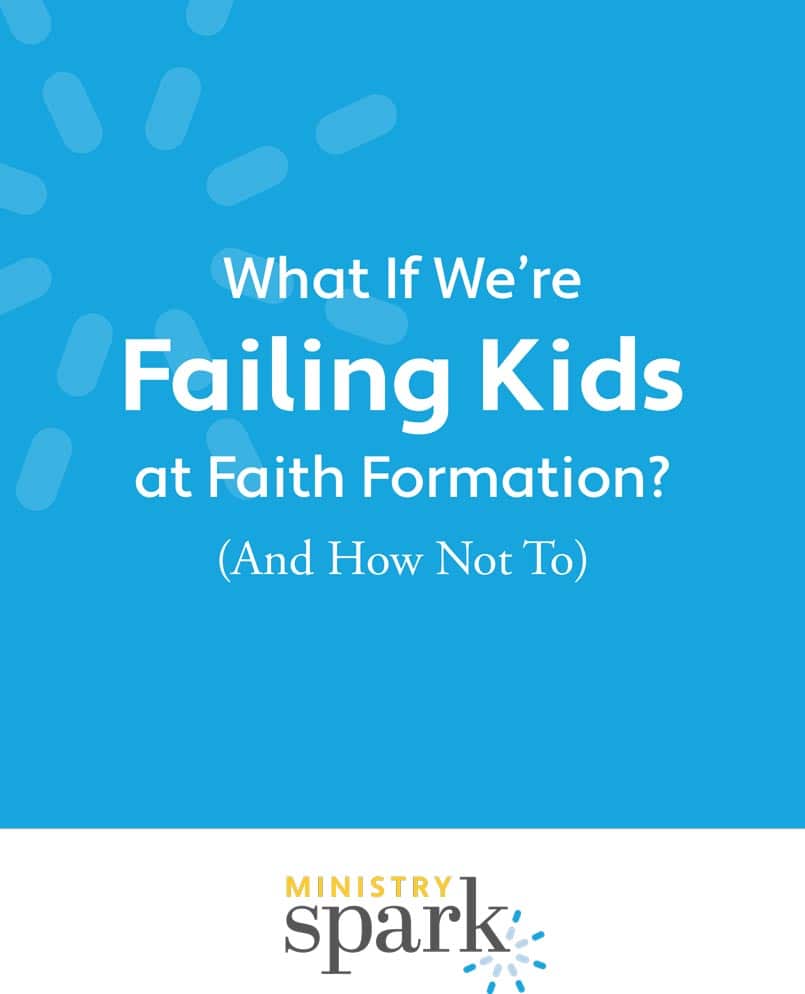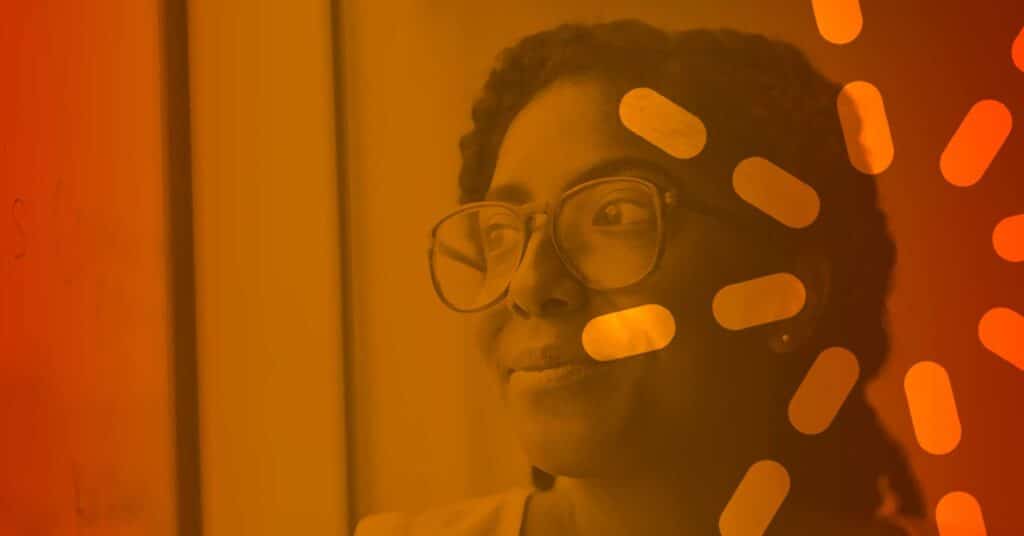Grant, Lord, that I may know myself that I may know thee.
Saint Augustine
Like so many others, I did a lot of babysitting as a preteen and teen. Wanting to be a great babysitter, I often checked out books about this topic from our library.
I remember reading once about a helpful way to respond to kids when they bring you a drawing or painting. The book said to respond with, “Oh! Tell me about your picture” instead of asking, “What is it?”
Why? Because “tell me about your picture” puts kids at ease. They see that you want to know more about them and who they are as a person. In asking this question, you also help the child know more about themselves.
I have continued using this simple request to my own children as their parent. Along the way I’ve found other simple phrases that I hope result in deeper and more relational outcomes.
Connected by Invisible Lines
For example, it’s common to say to little ones, “Stay where I can see you!” A child may reply, “Okay, mommy!” with good intentions and then be in the middle of a clothing rack at the department store. They don’t know the parent can’t see them!
Instead, I started declaring, “Stay where you can see me!” to my kids. This act keeps a regular line of sight between me and my children. We are tethered to one another, even if the line is invisible.
I hope the same for my relationship with God.
I want to be seen, known, and connected, even when that line feels invisible. May I know that line is there, that He’s there for me and with me.
How can this be accomplished?
Knowing God More
Saint Augustine prayed, “Grant, Lord, that I may know myself that I may know thee.”
Yes, our faith is 100% about God. He is all.
He also created all. That includes you and me. God is heavily invested in relationship as noted from the beginning of Scripture. He is so invested that He came looking for Adam in the cool of the day (Genesis 3:8–9).
God doesn’t just love you. He likes you, and He wants to spend time with you. He made you with all kinds of nuances that He finds fun and even adorable. One thing about God is that He is personal. He knows us fully.
He’s saying, “Sit with me. Tell me about your picture.” Of course, He knows what you drew! He’s wanting to help you know more about you. When we know more of ourselves and how God made us, we will know more of Him too.
The truth is we are known, loved, and seen by an authentic God. Therefore, we can live in authenticity ourselves.

God Knows Us
It’s terrible to feel misunderstood.
Recently, I made a statement online that garnered a lot of attention. Most negative responses were made by those who either didn’t read my actual statement or were, it seemed, determined to misunderstand me because they had their own agenda.
I did not feel seen. In fact, I felt hurt and wanted to hide.
Slowly, other conversations took place behind the scenes. A friend texted me, “I have no idea how they didn’t get what you said. It was stated clear and plain.”
Another friend asked for permission to respond to the adverse commenters. I said I’d like to see the possible message first. I denied her appeal, feeling weary from having to field anymore comments at all. Still, her words and willingness to ask others for greater understanding comforted me.
While driving a few days later, I felt God whisper, “Everything is going to be okay. I know what you meant. I know the source of every word and phrase.”
God Wants to Hear from Us
This interaction with God caused me to reflect in new ways on some of the hurt I’ve experienced in recent years. I was forced to look upon my own story and my responses to it with fresh eyes.
I feel as if I know myself more. Therefore, I know God more. This is the true and authentic relationship I want with my heavenly Father.
Many of us have been taught that a good relationship with God is simply reading our Bible or doing daily devotions and attending church.
All of these things are necessary and good. We need them in order to know God and what He is like.
But what of Him knowing us? What of, taking it a step further, us knowing ourselves better?
When Jesus came to earth, He modeled an authentic relationship with His Father. He knew who He was and what He had been sent to accomplish.
Following after Jesus
Jesus also showed us what God values in people. He cares about every part of a person.
- Jesus healed people and restored their physical being.
- He came to Mary and Martha at one of their lowest points and wept too (John 11:17–35).
- Jesus advocated for the woman caught in adultery to not be shamed (John 8:1–11).
- He restored Peter after he denied his relationship with the Messiah (John 21:15–24).
- Jesus saw and did something about the whole person, while also being a whole person (John 1:14).
Following Jesus’ example means paying attention to our whole selves. In what ways is God there for us physically, mentally, and emotionally, in addition to spiritually? In what ways can we be there for ourselves in each of these aspects?
I’m not advocating for more things on a checklist. I’m advocating for an awareness of what already exists in ourselves and our relationship with God.
David G. Benner says, “Personhood is not an accomplishment; it’s a gift.” As humans we are already made in God’s image (Genesis 1:27). We didn’t do that. God did! So, we get to know God better as we explore who we are.

God Is in the Messy Middle
But it’s not always easy.
Sin broke so many things about us, our relationship with God, and our relationships with each other. Sin made us hide and even hate ourselves at times. Any feelings of hurt or misunderstanding come from these places.
The truth is we are known, loved, and seen by an authentic God. Therefore, we can live in authenticity ourselves.
What can that look like?
Tell Him about your picture.
Becoming More of Ourselves—More of Who He Made Us to Be
Years ago, I attended a vocational retreat. Those of us in attendance were struggling with fit in a current job, what God had for us at work on a daily basis, or goals for the future.
The retreat leader invited us to think about what we did for fun as children, before the heaviness of life and responsibility hit us. If we had a whole day to spend on ourselves, like we often had as children, what would we do?
Our responses revealed a lot about the most basic ways God made each of us and interacts with each of us. The exercise was fun and also sobering.
This could be a good place for many of us to start our search for a more authentic relationship with God. This is also a good spot to begin as we work with children who are growing in their relationship with God.
Maybe you want to draw, paint, or journal about that perfect day as a child. As you do so, ask God to show you more about yourself.
Tell Him about your picture.

What if We're Failing Kids at Faith Formation? (And How Not To)

What if We're Failing Kids at Faith Formation? (And How Not To)











